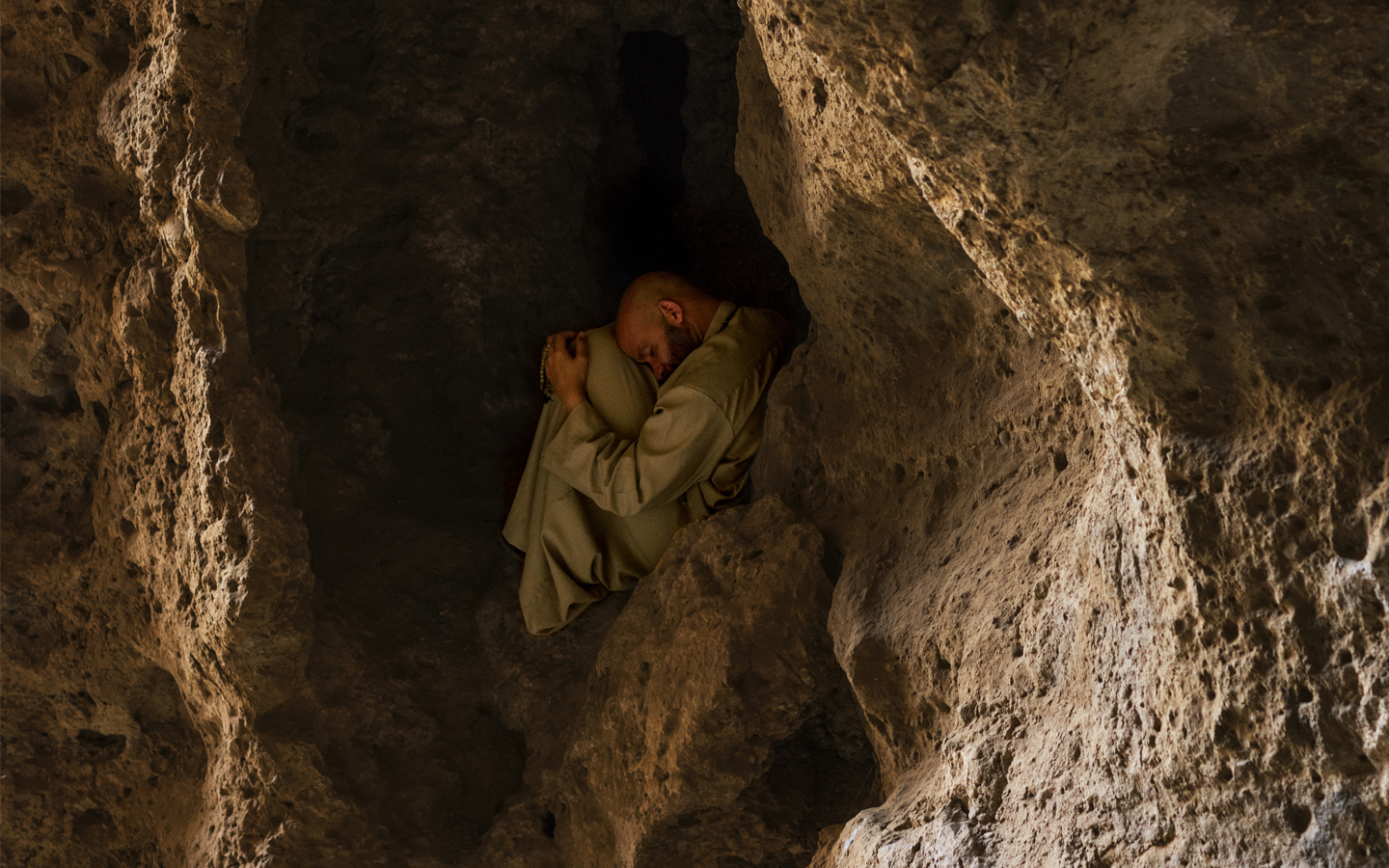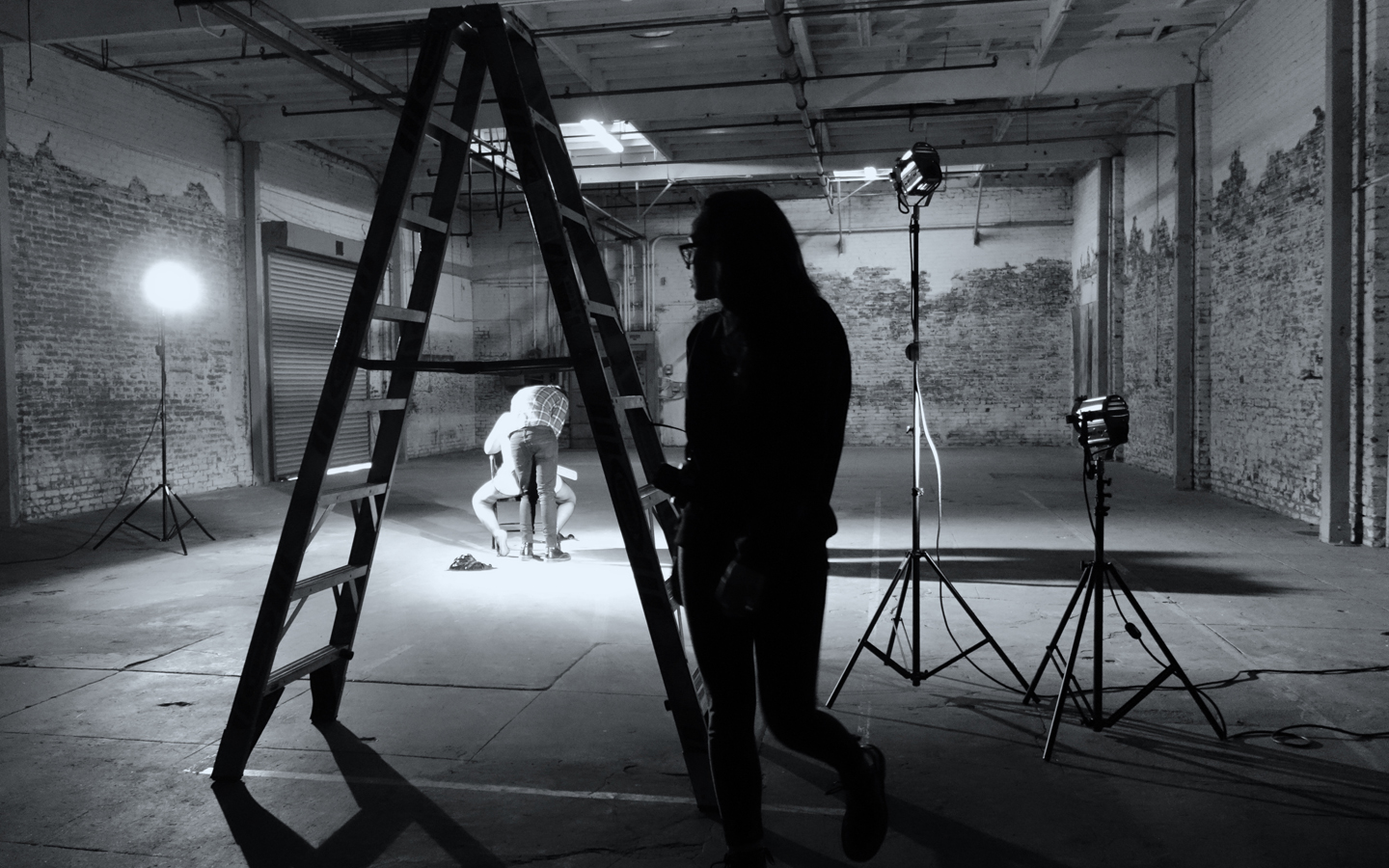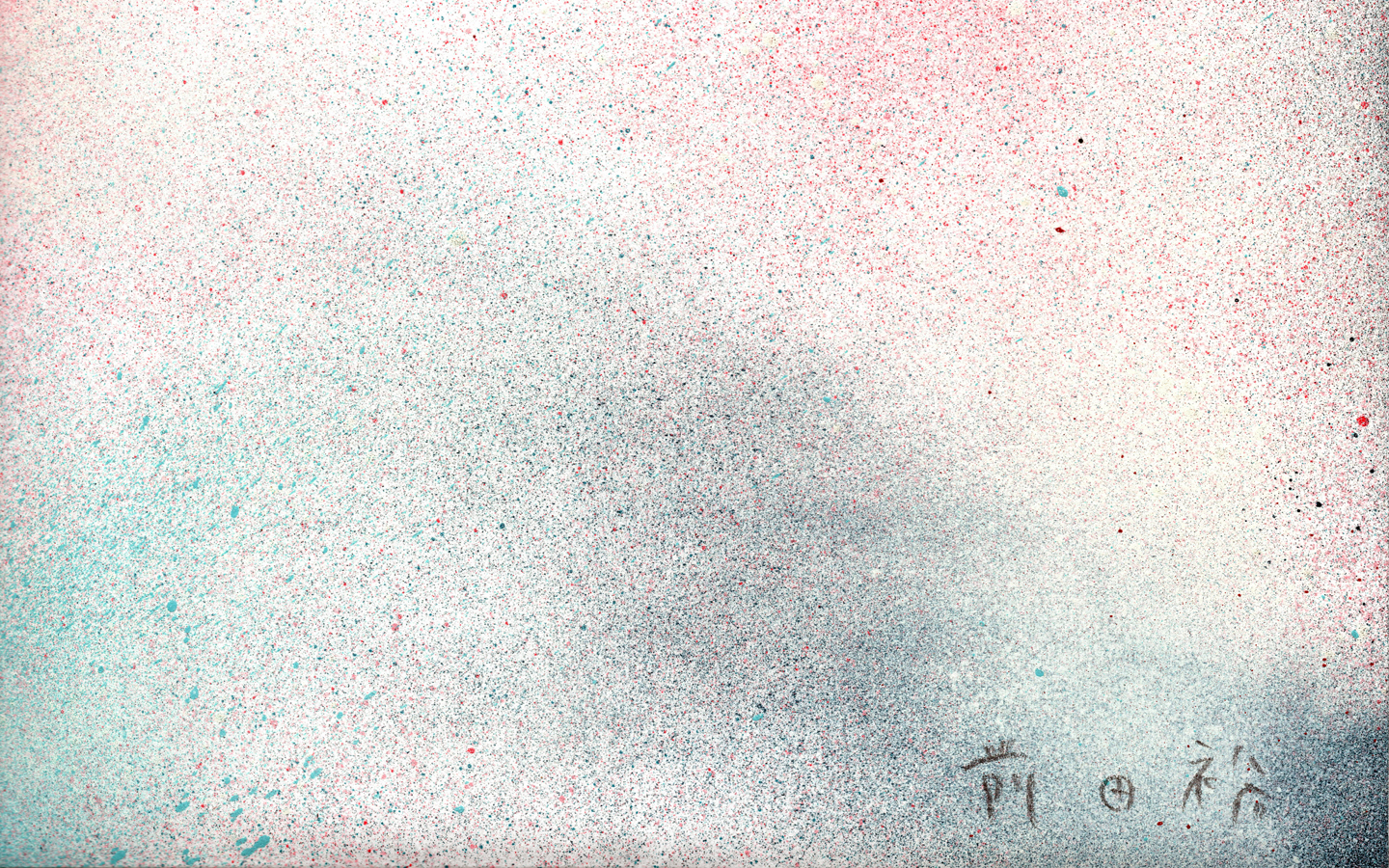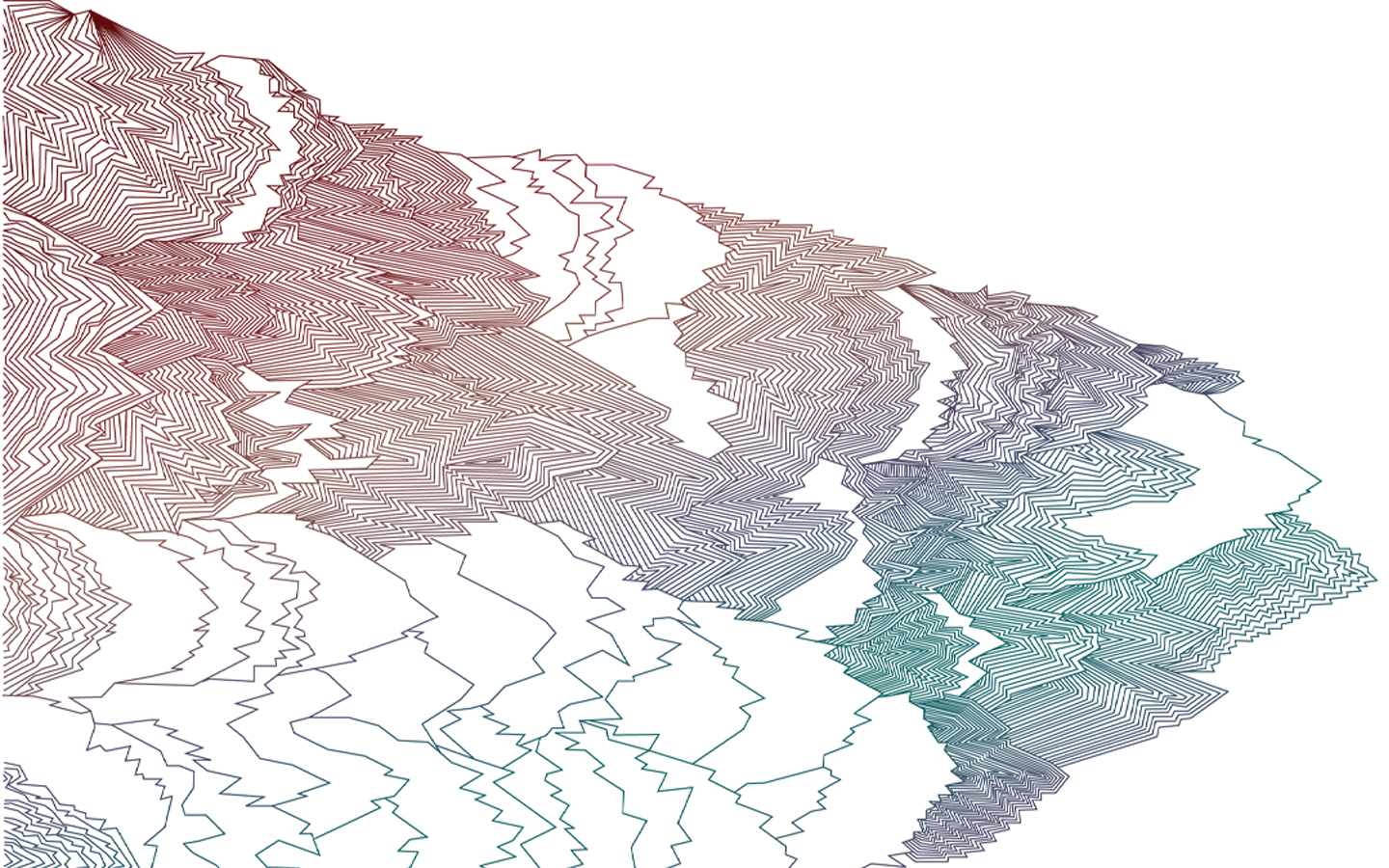
The Triangle
TEXT ALI BABU CHE
VISUAL MILANA BURDETTE
Imagine three distinct points. They appear distant from one another, separate. The closer we observe, the more something awakens our curiosity and wonder. Taken together, these three points demarcate a familiar shape: the Triangle. For our purposes, these points are Control, Catalyst, and Community.
The first point, Control, is the easiest to comprehend, and best described through a story: Ivan Pavlov was a behavioral scientist famed for training dogs to drool when he rang a bell signaling mealtime. One day, there was a flood in Pavlov’s laboratory. Many of the dogs were saved with just moments to spare, but interestingly, the trauma of their near-death experience wiped out much of their training. They no longer salivated at the sound of the dinner bell.
Like Pavlov’s dogs, we exhibit conditioned responses to specific stimuli. Through socialization and education, we’re told who and what is right and wrong, important and worthless, even possible and impossible. We hear these mantras over and over, and eventually we start to believe them. After enough repetitions, we no longer even have to consciously accept them. They just register as “the way things are.” Such is the nature of Control.
It may seem counterintuitive, but Control isn’t inherently malicious. In fact, it’s a foundational element of a cohesive community — when a group of people instinctively think the same thoughts and believe the same beliefs, they’re far more likely to engage in efficient cooperation. In this sense, Control is a cornerstone of society.
The problem we face today isn’t that Control exists, but that the rich and powerful have manipulated it to suit their purposes, often at the expense of others. Over time, they’ve exploited Control to impose a false version of reality upon the less fortunate. Examples of such behavior include the abuse of governmental, familial and religious power. These institutions have been twisted to justify everything from human enslavement to the oppression of women to the economics of greed. In short, they have ensured the status quo.
Why do those in power force their version of reality on the rest of us? It’s a question of ego. Too many of society’s most powerful members fail to recognize that their achievements are often the result of luck, privilege, well-placed connections or simply having the right last name. They instead hold misguided beliefs about their superiority over the rest of us. Thus they thrust their version of reality upon us, because without doing so, they would be left to face their own equality. As James Baldwin once said, “I imagine one of the reasons people cling to their hates so stubbornly is because they sense, once hate is gone, they will be forced to deal with pain.” This behavior is not new, but most of us have been too busy slobbering over the bells of a world rife with distractions, oppressions and obligations to notice it. We didn’t realize that the flood was coming until it was already upon us.
But fear not, the tide will wash us clean. In the midst of the maelstrom, we are freed from our daily delusions. This marks the first step in the process of knowing and understanding, and brings us to the Triangle’s second point: Catalyst.
For Pavlov’s dogs, Catalyst came in the form of a flood. For many modern-day Americans, it’s the contentious political climate of Washington, D.C. Ironically, the Trump administration has incited widespread questioning of the role Control plays in our lives.
The Occupier-In-Chief envisions himself as a master of Control, but to woke folks, he plays the role of the Catalyst. Thanks to his presence, we are more aware, more alert, more perceptive. We’ve smashed the invisible ceiling and changed true reality forever, but we can’t stop here. The second point, Catalyst, made us aware of the need for change, and the first point, Control, shows exactly what should be changed. But how can that change actually occur?
In comes the third point of the Triangle: Community. We, as a collective, are the third point. When bound together, we form a network of dynamic and unique individuals capable of producing changes far beyond the reach of any one individual.
As agents of Community, we are no longer bound by the constraints of Control, nor must we wait for external motivation at the hand of the Catalyst. Instead, we can venture into the waters and cross the lands at will, defining the size and scope of the Triangle in our wake. We are initiated into the understanding that we are all individual pieces, none greater than the next, all working towards a common goal. We are each an integral part of the radiant prism of humanity.
You may also like
Index Issue 4
Sex and gender are core elements of our interiority, but are also how we engage in the external worl
Index Issue 2
Engineers who are also video installation artists, musicians who have PhDs in Molecular Chemistry an
Welcome to the Crescendo
Entheogens are not a cosmic cheat sheet with all the answers spelled out. Rather, entheogens grant u




